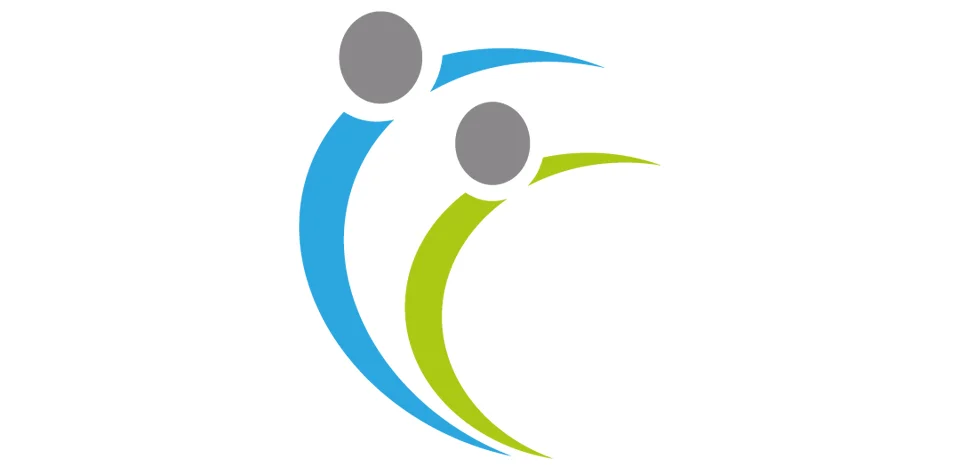Parkinson’s disease or (movement disorder) is a neurodegenerative and progressive disease that can affect the ability to perform common, daily activities. The symptoms become worse over time.
It is characterized by motor symptoms: tremors (a form of rhythmic shaking), stiffness or rigidity, slowness of movement (called bradykinesia), impaired balance, lack of facial expressions, changes in body posture (head and trunk leaning forward, gait difficulties (episodes of freezing), swallowing changes and in non-motor symptoms including sleep problems, constipation, anxiety, depression, psychiatric complications, dementia, and fatigue.
The rehabilitation team plays a huge role in providing a functional and good lifestyle for the patients which includes:
- Patient and family education about the disease process affecting motor or cognitive change
- Environmental modification at home and work to promote safety and independence
- ADL and IADL’s training
- Exercises to prevent loss of range of motion
- Behavior modification such as the use of energy conservation and time management techniques
- Providing the proper equipment
